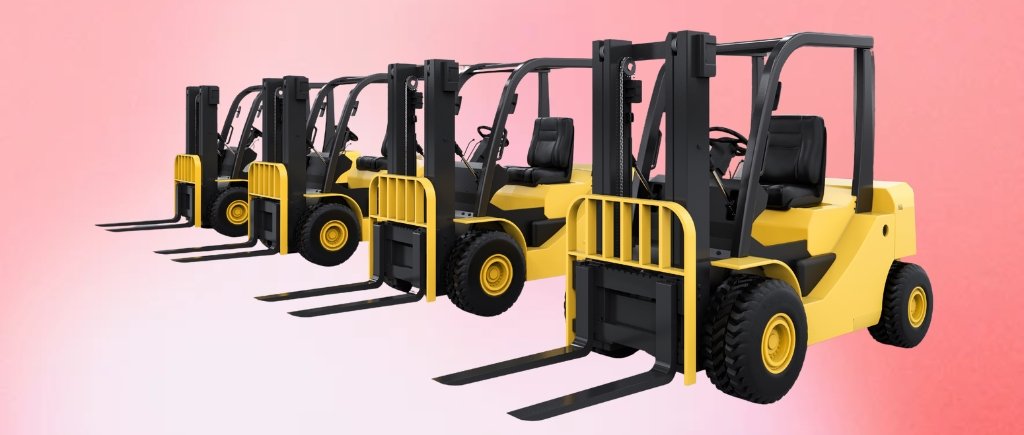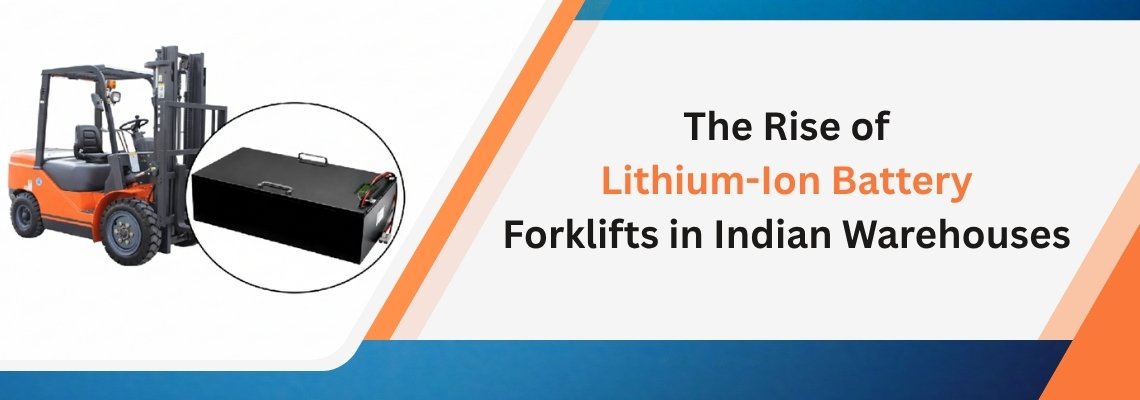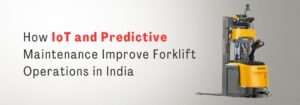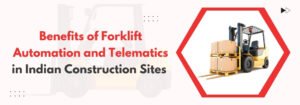The adoption of lithium-ion battery forklifts in India is rapidly gaining momentum, driven by the country’s push toward sustainable industrial practices, cost efficiencies, and technological advancements. As India positions itself as a global hub for manufacturing and logistics, warehouses across the country are increasingly integrating lithium-ion forklifts to optimize operations and reduce environmental impact.
The Growing Market for Lithium-Ion Forklifts in India

Recent market analyses suggest that the India forklift battery market, which includes lithium-ion solutions, is expected to expand steadily with a compound annual growth rate (CAGR) of approximately 4.7% from 2024 to 2033, reaching a market size of about USD 260 million by 2033. This growth is primarily fuelled by the rising demand for efficient, eco-friendly material handling equipment in sectors like e-commerce, manufacturing, and logistics.
Advantages of Lithium-Ion Battery Forklifts
-
Longer Operational Lifespan and Faster Charging
Unlike traditional lead-acid batteries, lithium-ion batteries offer significantly longer service life, often exceeding 5,000 charge cycles. They also support fast charging sometimes in under an hour, allowing forklifts to be quickly recharged during breaks, minimizing downtime. This efficiency directly translates to higher productivity, especially in high-frequency operational environments.
-
Reduced Maintenance and Lower Total Cost of Ownership
Lithium-ion batteries demand less maintenance since they do not require water refilling or equalization. They generate less heat and have a lower risk of damage, which reduces repair and replacement expenses. Over time, this results in lower total cost of ownership (TCO), making lithium-ion forklifts appealing even with their higher upfront cost.
-
Environmental Benefits
Electric forklifts powered by lithium-ion batteries produce zero tailpipe emissions, contribute to improved indoor air quality, and align with global sustainability initiatives. Their adoption supports companies’ commitments to environmental, social, and governance (ESG) standards, reflected in government incentives for green technology in India.
-
Operational Flexibility and Safety
Lithium-ion batteries support ‘opportunity charging’, recharging during short breaks without full shutdowns, giving operators flexibility to use forklifts continuously. Their stable power delivery enhances operational safety and reduces the risk of sudden power failures or accidents.
Implementation & Industry Trends
The Indian government is promoting the adoption of electric vehicles, including forklifts, by offering incentives, zero-emission zones, and stricter environmental regulations. Leading manufacturers and local players are investing heavily in lithium-ion battery production facilities, which will make these solutions more affordable and accessible.
Challenges to Overcome
Despite the benefits, widespread adoption faces barriers such as the higher initial purchase price and the need for specialized charging infrastructure. However, declining battery costs, technological improvements, and the growing environmental consciousness among Indian industries are likely to offset these challenges over time.
Future Outlook
The future of lithium-ion battery forklifts in India is promising, with projections indicating substantial growth driven by the e-commerce boom, industry modernization, and a focus on sustainability. Industry leaders are expected to continue innovating, resulting in more affordable, efficient, and eco-friendly forklifts tailored to India’s diverse operational environments.
Final Note
For warehouse owners and Indian industries seeking an environmental and economic edge, investing in lithium-ion forklift technology can provide a sustainable, cost-effective, and efficient solution. Partnering with trusted local forklift providers will ensure you stay ahead in this evolving market landscape. To explore options and service in your area, see our Forklift service in Coimbatore, a trusted partner for industrial fleet solutions.




